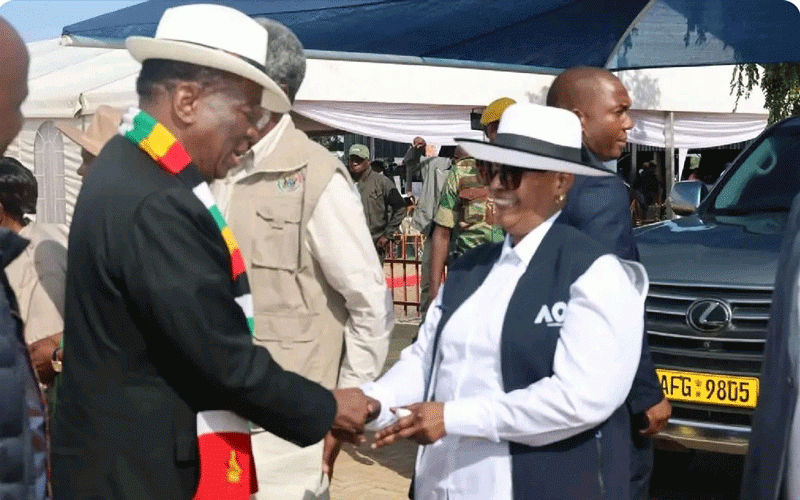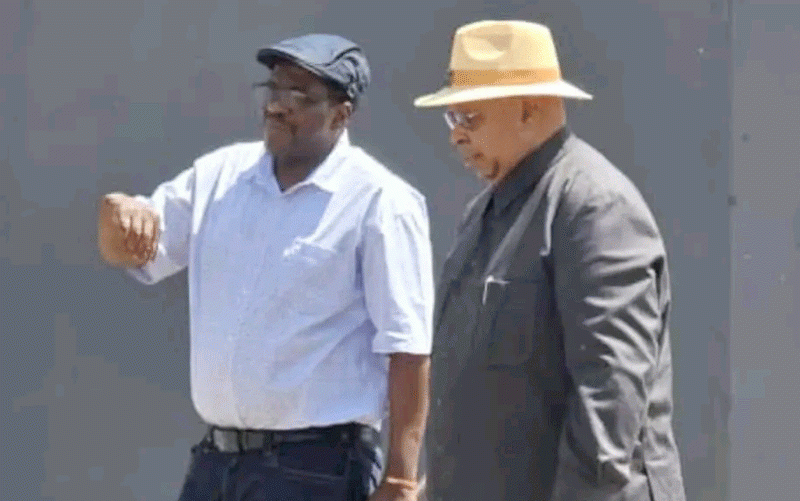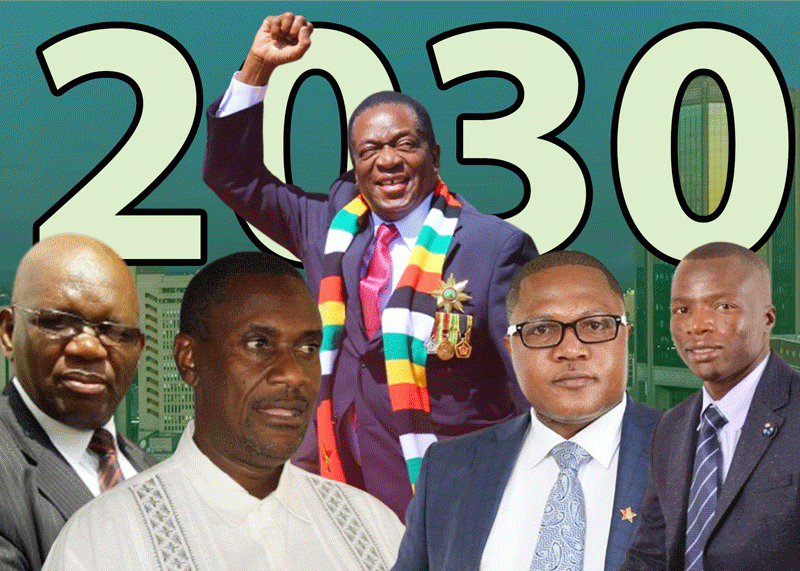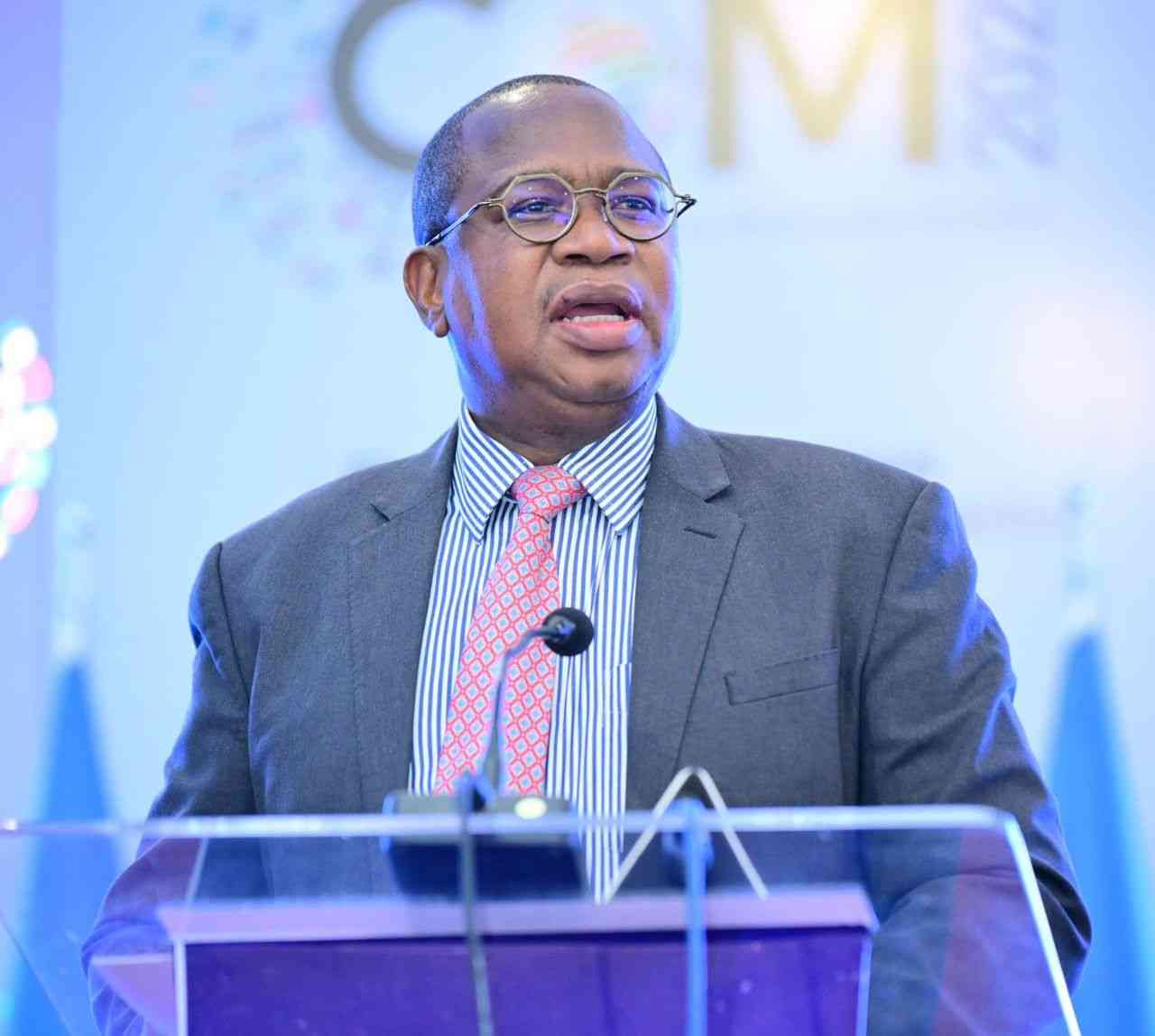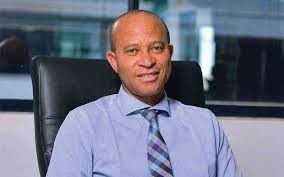IF you are not following the unfolding electoral drama south of the Limpopo River, you can’t be real.
When South Africa votes, Zimbabwe catches a proverbial cold. And for good reason.
Of all our neighbours — here I mean Botswana, Mozambique and Zambia — South Africans have had the biggest influence on our daily lives, since 1822, if you know your history that is. Come to think of it, most languages spoken in Zimbabwe — I didn’t say dialects but languages — are now “found” in South Africa. One day many years ago I was invited to KwaMamaphumulo on a campaign against EFF’s populist expropriation without compensation policy proposal. I took a walk around KawaSizabantu mission and heard people speaking in chiShona. Zimbabweans have infiltrated every aspect of South African life, from Cape Point to Musina — in hotels, homes, offices, churches, markets, schools, mines, hospitals, universities, nightclubs, even prisons. South Africa is in us, and we are in South Africa.
And so, elections are about politics, South African politics is dominated by the African National Congress (ANC) and we are an integral part of that polity. Moreover, we were also colonised by apartheid South Africa in 1890. Joshua Nkomo, the founder of Zimbabwe’s liberation movement, “launched” his political career at Fort Hare in South Africa in the early 1940s. During our liberation struggle in the 1970s, our boys trained with uMkhonto weSizwe combatants in Angola, Russia, China, Libya, Zambia and Tanzania. Thousands of South Africans lived in Zimbabwe in the 1980s and the late former President Robert Mugabe was a flagship icon of the “Free Mandela” campaign. Our interest in South African politics is, therefore, no coincidence, but a necessity. Just like ANC, Zimbabwe’s ruling party Zanu PF has hogged political power since 1980. These are nationalist parties of proven revolutionary provenance. No wonder there are strong political and diplomatic ties between the two entities. Inevitably, ANC has never ventured beyond buddy-buddy rhetoric to criticise Zanu PF. Therein lies our problem.
In the past 30 years or so — a period that ironically coincides with South Africa’s independence — both Mugabe and his successor President Emmerson Mnangagwa have messed up things big time in Zimbabwe. This is to the extent that millions of Zimbabweans have had to take economic refuge in South Africa. Many thousands more crisscross the Beitbridge Border Post everyday in pursuit of survival. This is why South African politicians perennially include us in their electoral campaigns, mostly in bad light. We have become a social and political burden to South Africa, so much such that we are a resented lot. Zimbabwe would not be a bad neighbour had our economy and politics been functional, yet Zanu PF focuses only on crude power. But instead of offering wise counsel to its notorious nationalist colleague, ANC latches on to the misguided populist, vote-seeking narrative that Zimbabwe’s woes are a result of “Western sanctions”.
In 2008, Mugabe presided over a violent election that saw thousands of innocent opposition party members maimed, killed or internally displaced. Yet the then ANC leader Thabo Mbeki never uttered a single word of condemnation other than bulldozing Morgan Tsvangirai into an unwanted Government of National Unity. As near as August 2023, Emmerson Mnangagwa conspired with Priscilla Chigumba to pilfer votes from Nelson Chamisa and what did Cyril Ramaphosa do? He became the first African President to congratulate the glorified electoral pickpockets for “winning a free and fair election”. This whole tapestry of camaraderie between ANC and Zanu PF implicates the nationalist South African movement in compounding Zimbabwe’s economic and political misery. Had South Africa put its foot down since the year 2000, Zimbabwe would have turned out a liveable country by now. Therefore, as the Electoral Commission of South Africa announces the final results today, anything “bad” that befalls Ramaphosa and his ANC is welcome news to progressive Zimbabweans, a cause for celebration.
By the time you read this treatise, it will be done and dusted that ANC would not garner the two-thirds electoral majority it has always enjoyed since 1994. Ramaphosa messed up things so much that he created spaces for Jacob Zuma’s Umkhonto Wesizwe party MKP and also, John Steenhuisen’s Democratic Alliance (DA) to push ANC numbers to below 41%. The only way Ramaphosa can survive — which he will not — is to scramble for a coalition with smaller parties. If fortune and fate smiles at him, he may persuade Julius Malema’s Economic Freedom Front (EFF) or even MKP for a loose coalition against DA and Velenkosi Hlabisa’s Inkatha Freedom Party. Of course, Ramaphosa will claim that he managed to retain his party’s stranglehold on Limpopo, Eastern Cape and North West provinces, but that should be little consolation for him and the beleaguered ANC.
The inevitably unprecedented “fall” of ANC from two-thirds majority grace is a lesson to Zanu PF that abuse of power is fatally terminal. For me, any post-electoral coalition in South Africa that neutralises the ANC as much as possible is bounty. This should make it possible for the ensuing government to use a more progressive diplomatic prism to audit Zanu PF’s despicable governance shenanigans. It may be a bit too late for Nelson Chamisa and his flustered CCC party, but offers a good start for #ZimbaweVotes2028.
We need a South African coalition government capable of pushing Zanu PF towards civilised democratic behaviour: A reinvigorated coalition government, muscular enough to take Mnangagwa to task for failing to look after his millions of Zimbabweans scrounging for a living in South Africa. For the first time in 40 years, we want a South African president who can say to Zimbabwe “enough is enough. Get your house in order or else….” We hope that post South Africa votes 2024 wields a sharper axe to cut Zanu PF to size, for the sake of our country, our region, our future.
Rejoice Ngwenya is founder and executive director of the Coalition for Market and Liberal Solutions in Zimbabwe. He writes here in his personal capacity.

